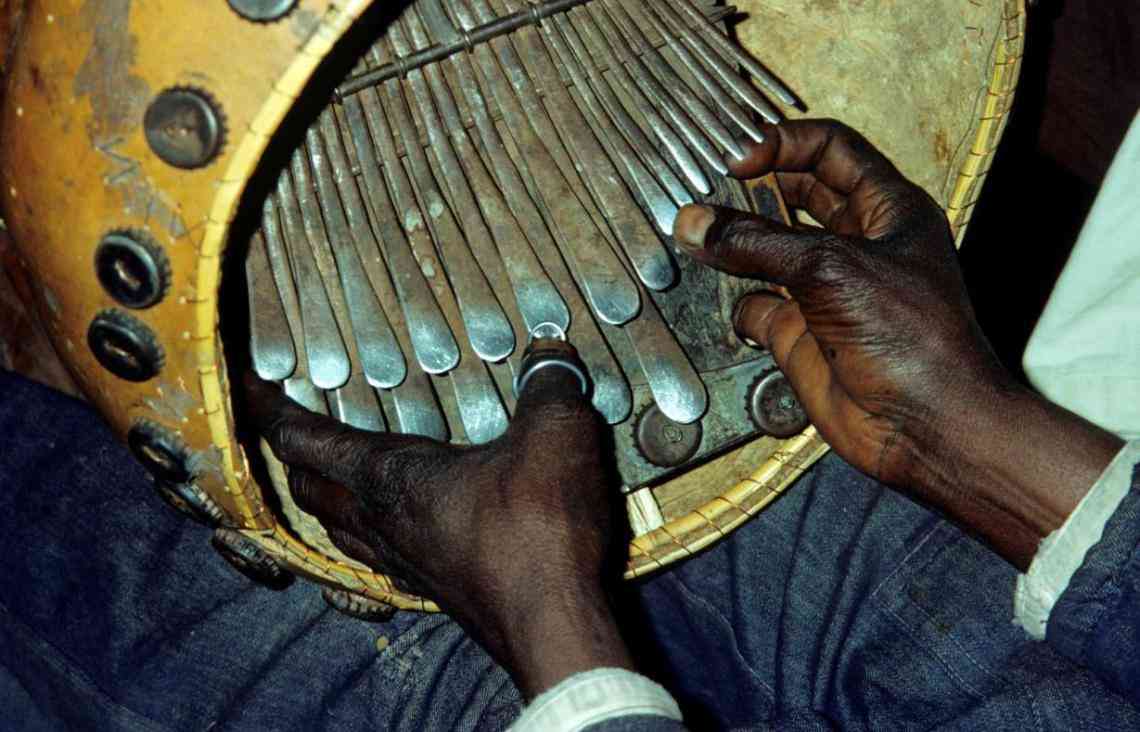
Soundtrack: Freeman Makopa
AWARD-WINNING Zimdancehall chanter Killer T’s journey has been a tough, but paying one as he continues to dominate the genre with his recent release of a richly-packed singles collection, Mukuru Mukuru.
Although there were fears that the release of the singles collection so soon after his last album could overwhelm his fans, his manager, Kudzai Biston, disputed the claim, saying the singles collection was meant to keep fans abreast with his new songs.
“I don’t think our fans will be overwhelmed by the release of these singles collections because they are just getting new music. We want to keep them entertained. We have not any other ulterior motive, but to just churn them out singles. This is how we work,” he said.
The new collection proves that Killer T is in a league of his own, as he continues to demonstrate the maturity glaringly absent in most dancehall chanters. This is what saw him secure a one-year product endorsement deal with Innscor Africa’s Chicken Inn in 2014, after which he started featuring in several of the brand’s radio and television commercials.
The latest offering, Mukuru Mukuru, does not disappoint, with tracks such Kuspender Time, Vachabhamba, Ndiri Wemapopo, Vanhu Vatambe, Ndabata Changu, Ndoitori Nyaya and title track Mukuru Mukuru, particularly being from the top drawer. The musician has become popular with fans due to the way he blends lyrics that go together with the riddims.
In Rudo Rwaenda, a heartbroken man shares the pain of losing his better half in inexplicable circumstances. The man is frustrated that he was never given an explanation concerning the break-up, but was just left in the cold. He half-accuses and half-appeals before describing the woman as “devil-like”.
In Mhirizhonga Kuno, the protagonist is caught up in a form of war or misunderstanding, but his attempts to escape are in vain as he feels powerless. At the same time, however, he expresses gratitude for the divine protection he enjoys.
- Chamisa under fire over US$120K donation
- Mavhunga puts DeMbare into Chibuku quarterfinals
- Pension funds bet on Cabora Bassa oilfields
- Councils defy govt fire tender directive
Keep Reading
Ndabata Changu is a song and a fight at the same time – a fight for survival, while Ngoma, on the other hand, is a dance party fun-song featuring a crystal, beautiful mellow sound underlying a thumping Zimdancehall beat. Here, the musician discusses the essence of ngoma (drum) and mbira used in entertaining people. Killer T contends that anyone who wishes to succeed in life must work hard although it may be tough.
On a romantic tip, Kuspender Time explores the need for couples to spend time as that will lead to strong relationships, while Ndiwe Unoziva is about the hardships people encounter in life.
The Mbare-bred chanter grabbed the limelight with songs such as Tirikumhanya, Makarova Gunners, Suspects, Officer Mirai Chirukazi and Ziso Rako Hameno.
His signature tune, Popopo, become synonymous with ghetto youths, although he later on created other signatures that fit in with what will be happening at the time. In the latest offering, there is a track titled Ndiri Wemapopopo, perhaps a sentimental reflection of where Killer T started from.
Here, he talks of his personal life and wants his partner to appreciate his origins, including his ghetto music background.
The Mbare-bred chanter has, in the past, proved to be a force to reckon with after he redefined dancehall. This came about after he was roped in for a gospel track by Fungisai Zvakavapano on the track Vanondibatirana. Although the song courted the ire of many, some fans felt the two had nothing in common in both their lifestyles and music.
The latest singles collection comes shortly after another one titled Ghetto Rinenharo. The track is meant to thank his fans for keeping faith in him over the many years.
His songs, and in particular the messages, have had a shift from only satisfying the youths to touching on various on aspects of social life, including some of the troubles encountered in real life.











